Table of Contents
“5 Common Reasons Why Your Dog May Be Acting Unhappy”
Here are five common reasons why your dog may be acting unhappy:
1. Lack of exercise: Dogs need regular physical activity to stay happy and healthy. Make sure your dog is getting enough exercise each day.
2. Boredom: Dogs can become bored if they don’t have enough mental stimulation. Try providing your dog with interactive toys or engaging in training sessions.
3. Separation anxiety: Some dogs may become anxious when separated from their owners. This can lead to destructive behavior and unhappiness.
4. Health problems: Chronic pain or underlying health issues can make a dog feel unhappy. Regular check-ups with a veterinarian can help identify any health problems.
5. Poor diet: A poor diet can lead to nutritional deficiencies, digestive problems, and general discomfort. Make sure your dog is eating a balanced and nutritious diet.
If you notice that your dog is acting unhappy, it’s important to address the issue as soon as possible. Your veterinarian can help you determine the cause and develop a plan to improve your dog’s overall well-being.
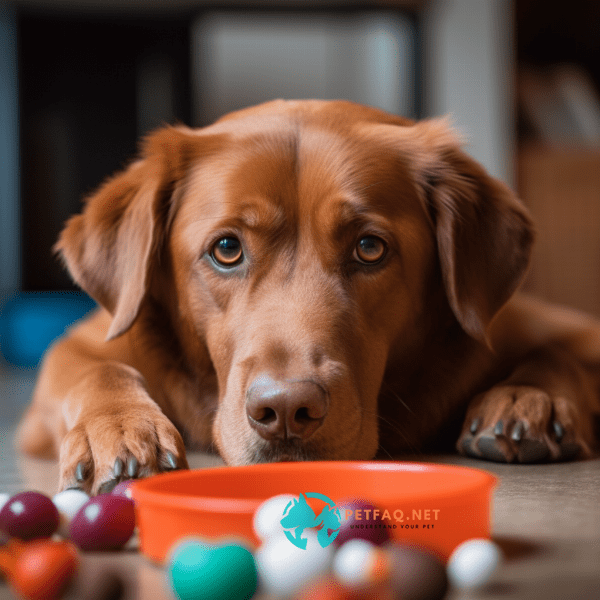
“How to Identify the Signs of a Stressed or Anxious Dog”
Here are some common signs of a stressed or anxious dog:
1. Panting or excessive salivation: Dogs may pant or drool when they feel anxious or stressed.
2. Shaking or trembling: Dogs may shake or tremble when they feel scared or uncertain.
3. Yawning or lip licking: Dogs may yawn or lick their lips as a sign of stress or anxiety.
4. Hiding or avoiding social interaction: Dogs may hide or avoid social interaction when they feel stressed or anxious.
5. Destructive behavior: Dogs may chew, dig, or bark excessively when they are stressed or anxious.
6. Changes in appetite: Dogs may lose their appetite or overeat when they are stressed or anxious.
It’s important to pay attention to these signs in order to identify when your dog may be feeling stressed or anxious. If you notice any of these behaviors, it may be helpful to talk to your veterinarian to determine the best course of action. In some cases, a change in environment, more exercise, or behavior modification techniques can help alleviate a dog’s stress or anxiety.
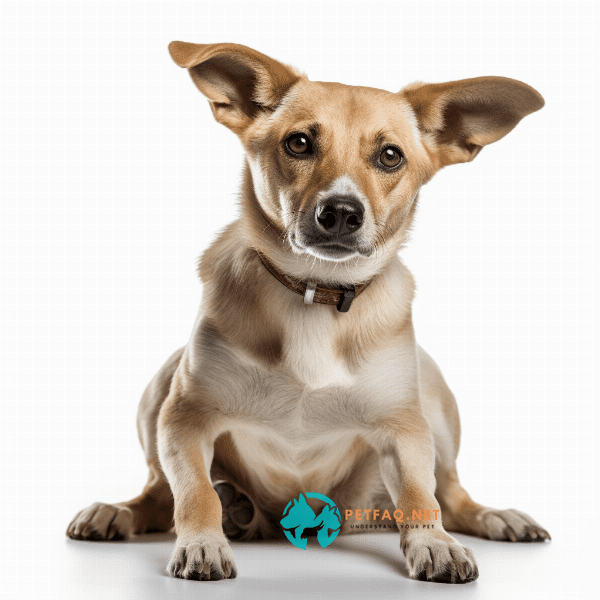
“The Impact of Boredom on Your Dog’s Behavior and Happiness”
Boredom can have a significant impact on behavior of dog and happiness. When dogs are bored, they may become destructive, anxious, or inactive. This can lead to a variety of behavioral problems, including:
1. Chewing or digging: Dogs may chew on furniture or dig holes in the yard when they are bored.
2. Barking or whining: Dogs may bark or whine excessively when they are bored and seeking attention.
3. Inactivity or lethargy: Dogs may become inactive or lethargic when they are bored and lacking stimulation.
4. Aggression: Dogs may become aggressive or territorial when they are bored and seeking stimulation.
It is important to provide your dog with regular mental and physical stimulation to prevent boredom. This can include providing interactive toys, engaging in training sessions, and ensuring that your dog gets enough exercise each day. Regular walks, playtime, and training sessions can help keep your dog happy and well-behaved.
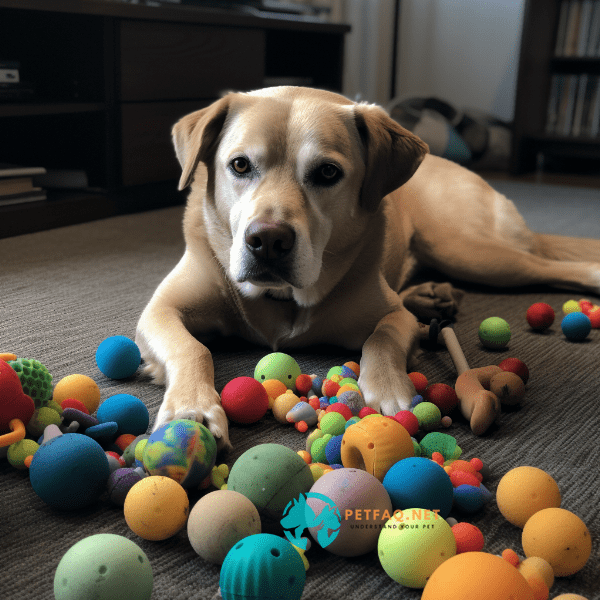
“The Benefits of Exercise and Play for an Unhappy Dog”
Exercise and play are essential for a happy and healthy dog. Regular physical activity can provide many benefits for dogs, including:
2. Increased mental stimulation: Play and exercise can provide mental stimulation and help prevent boredom.
3. Improved behavior: Regular exercise and play can help reduce destructive behavior and improve overall behavior.
4. Increased bonding: Spending time playing and exercising with your dog can increase the bond between you and your pet.
5. Reduced stress and anxiety: Exercise and play can help reduce stress and anxiety in dogs by providing a positive outlet for pent-up energy and emotions.
If your dog is unhappy, it’s important to provide them with plenty of opportunities for exercise and play. This can include taking long walks, playing fetch, or engaging in interactive games and puzzles. A happy dog is an active dog, so be sure to make exercise and play a regular part of your dog’s routine.
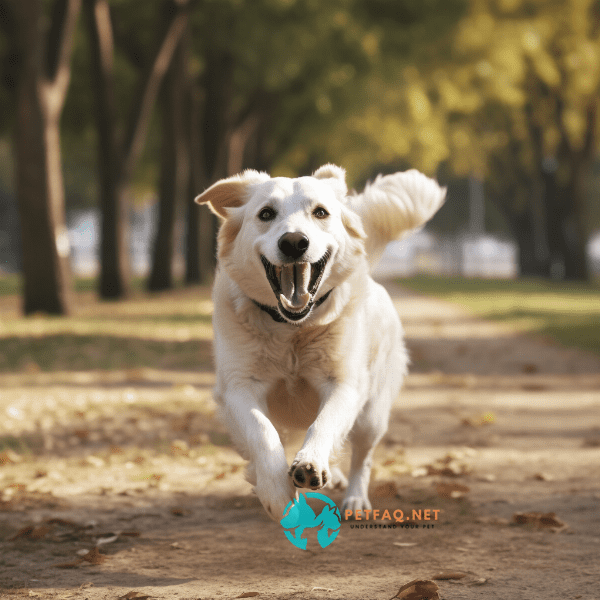
“The Role of Diet in Improving Your Dog’s Mood and Well-Being”
Diet plays an important role in your dog’s mood and well-being. A balanced and nutritious diet can help provide the energy and nutrients your dog needs to thrive. Some of the ways that diet can impact your dog’s mood and well-being include:
1. Improved energy levels: A healthy diet can help provide the energy your dog needs to stay active and playful.
2. Better behavior: A balanced diet can help regulate your dog’s mood and behavior, reducing the likelihood of destructive or aggressive behavior.
3. Improved physical health: A healthy diet can help maintain a healthy weight, improve skin and coat health, and support a strong immune system.
4. Better digestion: A nutritious diet can help improve digestive health and reduce the risk of digestive problems.
It’s important to feed your dog a balanced and nutritious diet to help support their overall well-being. This can include providing a balanced diet of high-quality protein, carbohydrates, and healthy fats, as well as essential vitamins and minerals. If you’re not sure what type of food is best for your dog, it may be helpful to consult with a veterinarian to develop a customized diet plan.
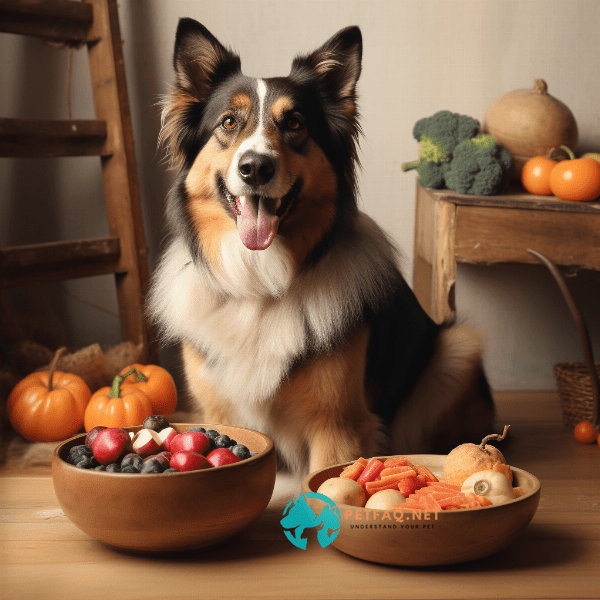
Frequently Asked Questions (FAQs) about Dog Behavior social:
1. How do I socialize my dog with other dogs?2. What are the benefits of socializing dogs with other animals besides dogs?
3. How can dog owners introduce a new dog to their existing pet(s) in a social setting?
4. What is the best way to socialize my dog with other pets and people?
5. What are the potential risks of poor socialization for dogs?
6. Is it important to socialize an Australian Shepherd with other dogs while exercising?
7. What is the best way to socialize a Beagle with other dogs?
8. What are the best ways to socialize a Beagle puppy?
9. How do I socialize my golden retriever with other dogs and people?
10. What is the best way to socialize a husky puppy?
